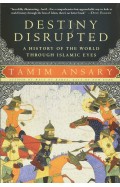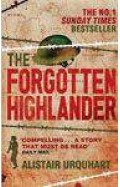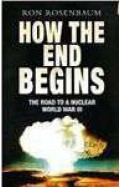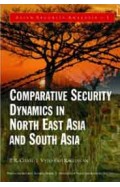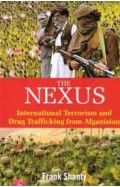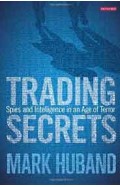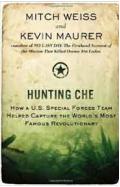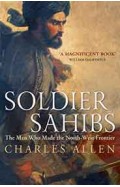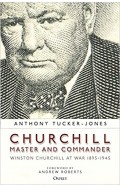Hiroshima Nagasaki
By: Paul Ham
-
Rs 4,495.50
- Rs 4,995.00
- 10%
You save Rs 499.50.
Due to constant currency fluctuation, prices are subject to change with or without notice.
Japan 1945. In one of the defining moments of the twentieth century, more than 100,000 people were killed instantly by two atomic bombs dropped on Hiroshima and Nagasaki by US Air Force B29s. Hundreds of thousands more succumbed to their horrific injuries, or slowly perished of radiation-related sickness.
Hiroshima Nagasaki tells the story of the tragedy through the eyes of the survivors, from the twelve-year-olds forced to work in war factories to the wives and children who faced it alone. Through their harrowing personal testimonies, we are reminded that these were ordinary people, given no warning and no chance to escape the horror.
American leaders claimed that the bombings were 'our least abhorrent choice' and fell strictly on 'military targets'. Even today, most people believe they ended the Pacific War and saved millions of American and Japanese lives. Hiroshima Nagasaki challenges this deep-set perception, revealing that the atomic bombings were the final crippling blow to the Japanese in a stratgic air war waged primarily against civilians.
| Book | |
| What's in the Box? | 1 x Hiroshima Nagasaki |
Japan 1945. In one of the defining moments of the twentieth century, more than 100,000 people were killed instantly by two atomic bombs dropped on Hiroshima and Nagasaki by US Air Force B29s. Hundreds of thousands more succumbed to their horrific injuries, or slowly perished of radiation-related sickness.
Hiroshima Nagasaki tells the story of the tragedy through the eyes of the survivors, from the twelve-year-olds forced to work in war factories to the wives and children who faced it alone. Through their harrowing personal testimonies, we are reminded that these were ordinary people, given no warning and no chance to escape the horror.
American leaders claimed that the bombings were 'our least abhorrent choice' and fell strictly on 'military targets'. Even today, most people believe they ended the Pacific War and saved millions of American and Japanese lives. Hiroshima Nagasaki challenges this deep-set perception, revealing that the atomic bombings were the final crippling blow to the Japanese in a stratgic air war waged primarily against civilians.
Zubin Mehta: A Musical Journey (An Authorized Biography)
By: VOID - Bakhtiar K. Dadabhoy
Rs 892.50 Rs 1,050.00 Ex Tax :Rs 892.50
Destiny Disrupted A History Of The World Through Islamic Eyes
By: Tamim Ansary
Rs 5,035.50 Rs 5,595.00 Ex Tax :Rs 5,035.50
How The End Begins: The Road to a Nuclear World War III
By: Ron Rosenbaum
Rs 1,097.50 Rs 2,195.00 Ex Tax :Rs 1,097.50
Comparative Security Dynamics in North East Asia and South Asia English Spanish French Italian German Japanese Chinese Hindi and Korean Edition
By: N/A
Rs 1,062.50 Rs 1,250.00 Ex Tax :Rs 1,062.50
The Nexus: International Terrorism and Drug Trafficking from Afganistan
By: N/A
Rs 1,780.75 Rs 2,095.00 Ex Tax :Rs 1,780.75
Trading Secrets: Spies and Intelligence in an Age of Terror
By: Mark Huband
Rs 2,422.50 Rs 2,850.00 Ex Tax :Rs 2,422.50
Hunting Che: How A US Special Forces Team Helped Capture the Worlds Most Famous Revolutionary
By: Mitch Weiss
Rs 1,747.50 Rs 3,495.00 Ex Tax :Rs 1,747.50
Soldier Sahibs The Men Who Made the NorthWest Frontier
By: Charles Allen
Rs 1,816.75 Rs 2,795.00 Ex Tax :Rs 1,816.75
Civilian Warriors The Inside Story of Blackwater and the Unsung Heroes of the War on Terror
By: Erik Prince
Rs 1,525.75 Rs 1,795.00 Ex Tax :Rs 1,525.75
Destiny Disrupted A History Of The World Through Islamic Eyes
By: Tamim Ansary
Rs 5,035.50 Rs 5,595.00 Ex Tax :Rs 5,035.50
Churchill, Master and Commander - Winston Churchill at War 1895–1945
By: Anthony Tucker-Jones
Rs 3,055.75 Rs 3,595.00 Ex Tax :Rs 3,055.75
Zubin Mehta: A Musical Journey (An Authorized Biography)
By: VOID - Bakhtiar K. Dadabhoy
Rs 892.50 Rs 1,050.00 Ex Tax :Rs 892.50
Destiny Disrupted A History Of The World Through Islamic Eyes
By: Tamim Ansary
Rs 5,035.50 Rs 5,595.00 Ex Tax :Rs 5,035.50












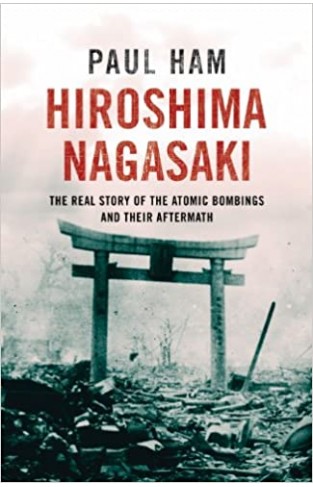
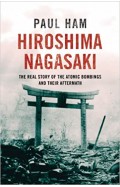
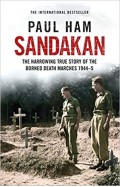
-120x187.jpg?q6)





